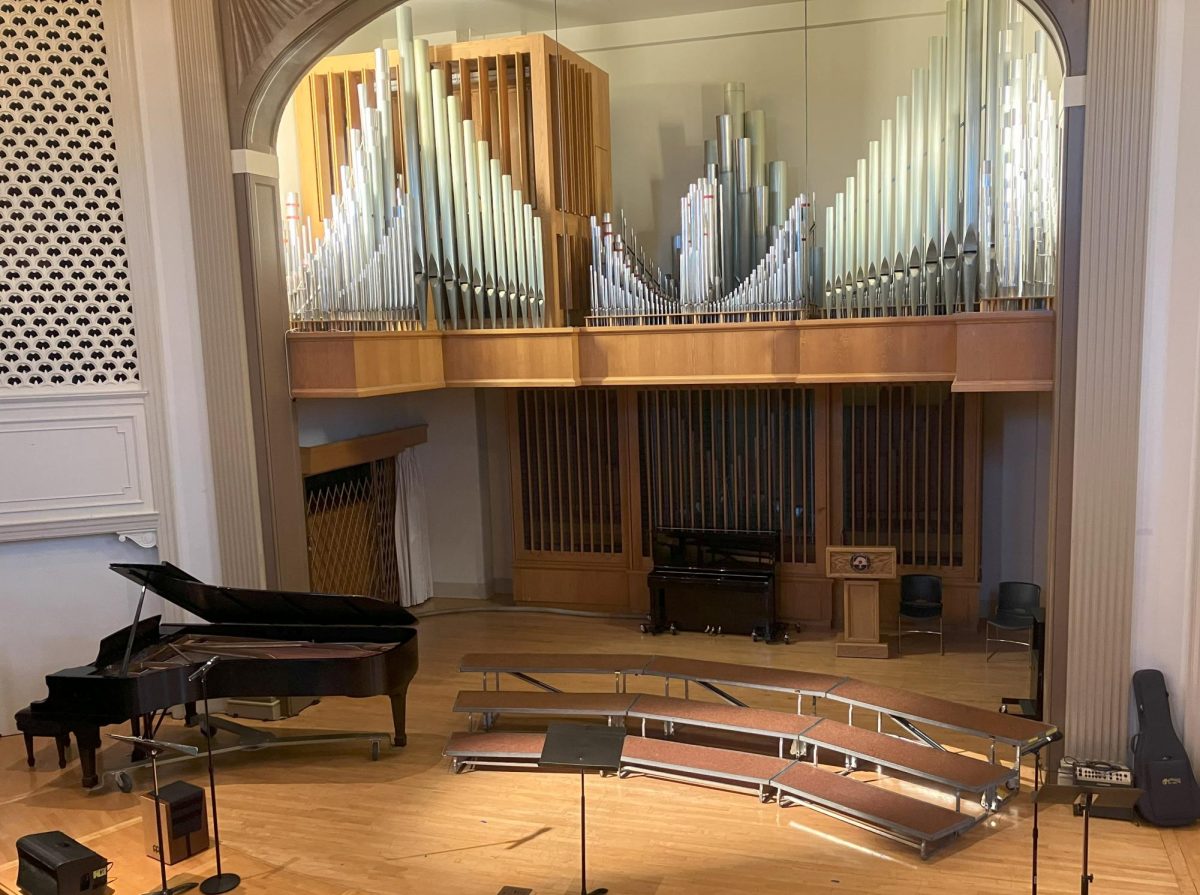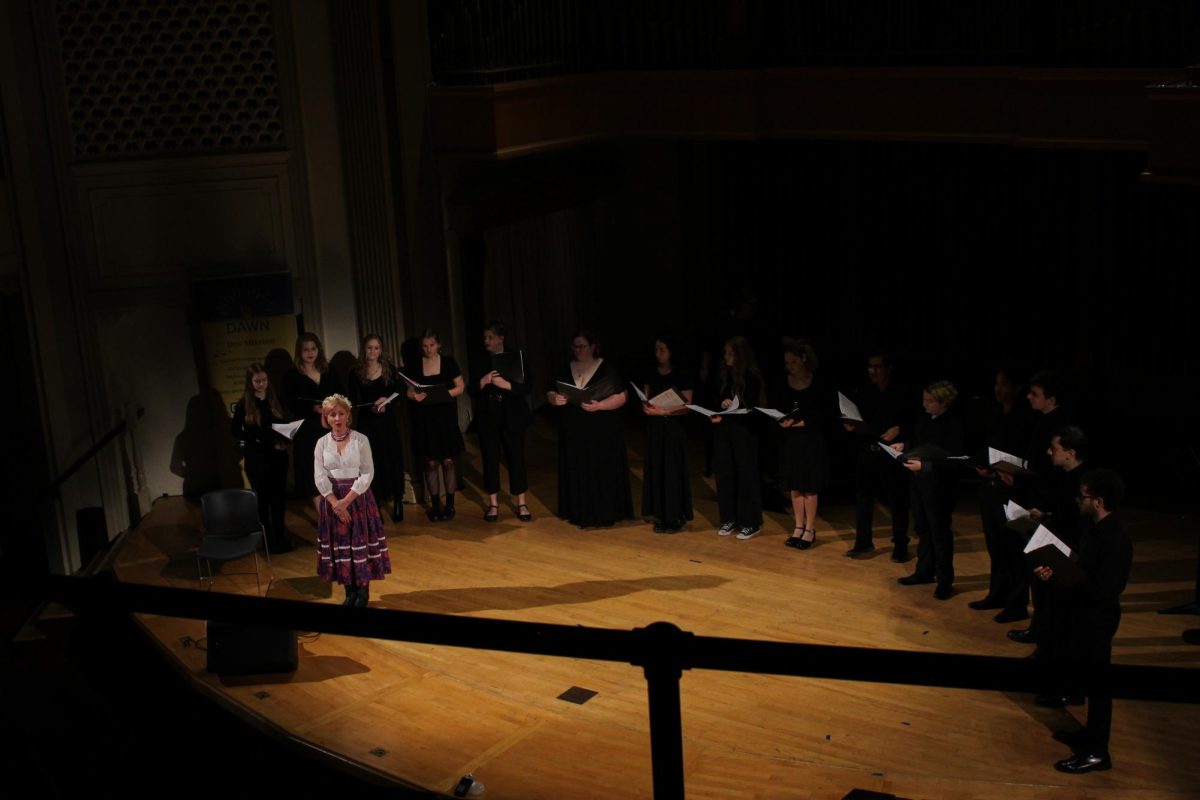The Occupy Wall Street protest may be a movement, a momentary phenomenon or something in between, but one thing its most fervent activists insist it’s not is a team of shock troops for any political campaign.
That’s a disappointment to Democrats who wish the Occupy activists would animate their party the way the tea party lit up Republicans in the past two years, but the protesters at the original Occupy Wall Street scene say that’s not what it’s about.
“I don’t see us endorsing candidates or trying to form a party,” said Mark Bray, 29, a doctoral student in history at Rutgers University and a spokesman for Occupy Wall Street. Efforts to shift the movement in a partisan direction would be unlikely to be approved by the consensus process at the protesters’ regular General Assembly meetings, he and other protesters say.
“There would be so many people who would balk at the endorsement of any party or candidate that I don’t think it would happen,” Bray said.
Not yet, at least.
Like other protesters from various Occupy Wall Street organizing groups, Bray did not rule out political possibilities for the future. Protesters from the Occupy Cincinnati group have announced a platform for a new political party _ the Occupation Party.
The protests are far from apolitical. It’s difficult to walk even a few feet in Zuccotti Park, the New York protest’s base in Manhattan’s financial district, without hearing political issues being debated and finding groups weighing in on a wide range of subjects such as health care, education, national debt and defense spending.
Though most activists at Occupy Wall Street claim to be dissatisfied with the state of American government and politics, their views come in many flavors. Some are leftists of the 1960s generation, and others are curious newcomers to political activism. Still others are Ron Paul supporters, anarchists, or soured Obama campaign volunteers.
Last Wednesday, a group of protesters left for a two-week march to Washington, with plans to arrive by Nov. 23, the deadline for the congressional Joint Select Committee on Deficit Reduction to decide how to deal with federal budget deficits. The activists plan to protest extending the Bush-era tax cuts.
But beyond such singular acts of protest, most Occupy Wall Street activists hope their movement will remain outside organized politics for now. They offer several explanations.
Some say they feel the political status quo is so corrupt, it’s best not to engage with it at all. Elisa Miller, 38, a New Orleans resident who came to New York for the protests in late September, said she was boycotting the 2012 elections.
“This system is grossly dysfunctional,” she said, then entered a heated exchange with a passing organizer about why she thinks electoral reform is impossible.
Several protesters said they want their effort to avoid being co-opted by or beholden to a particular party or candidate.
Many praised the protests as a place to nurture the exchange of new political ideas entirely outside of the two-party system.
“We’re literally opening a space that did not exist before,” said Kobi Skolnick, 30, who said he was amazed at the creative problem-solving he’s seen.
Others said the question of what would become of the protests, politically or otherwise, was missing the point.
“The question to me is, what’s the right way to come up with an answer to that, based on democratic principles?” said Bray, the spokesman.
______________________________________________________________________
Gianna Palmer/McClatchy Newspaper






